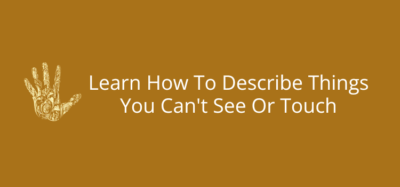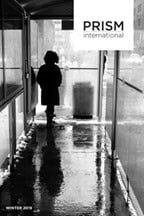“Unveiling the Silent Struggles: 8 Hidden Behaviors of Those Without a Family Safety Net”
In my counseling sessions, I’ll sometimes ask a client who they’d reach out to if they were in trouble. They’ll say something like, “I really don’t know.” That realization can be deeply isolating.
So, what happens next? Often, they just don’t ask for help. It becomes a habit to handle things solo, even when the problem is large and overwhelming. Over time, that pattern can lead to chronic stress, mental fatigue, and isolation.
There’s no shame in leaning on a supportive friend, a counselor, or even helplines and community resources. But if you’ve never had that familial safety net, it can take a while to see the value—and courage—in raising your hand for assistance.
6. They can swing between needing control And craving closeness
For some, the absence of a stable family environment leads to an internal tug-of-war. On one side, you want to control every aspect of your life because unpredictability (or betrayal) from family taught you that letting go can mean getting hurt.
On the other side, you might still yearn for close, nurturing relationships—maybe even more so than others.
This constant back-and-forth can be exhausting. One moment, you might be pushing people away to maintain a sense of control. The next, you’re lonely and wishing for someone to lean on. It’s a delicate balance that can lead to confusion in relationships, both romantic and platonic.
Sometimes you just need to remind yourself that it’s okay not to have it all figured out—that vulnerability, while scary, is the gateway to genuine connection.
7. They invest heavily in self-development
Without close family members providing wisdom, support, or even that reality check we all sometimes need, many individuals shift focus to improving themselves. That can manifest in therapy, self-help books, support groups, or online courses.
I’ve met people who dove headfirst into personal growth seminars, joined community workshops, or became avid readers of emotional intelligence authors like Daniel Goleman.
Personal development becomes a lifeline. It offers tools to navigate life when you don’t have that built-in guidance from family.
One of my clients told me she found solace in reading Maya Angelou, who famously said, “We are only as blind as we want to be.” She latched onto that quote during a period where she felt adrift. Books, podcasts, and counseling all became her “extended family,” offering her guidance she never received from her parents.
8. They display a unique form of resilience
I’ve saved a big one until last, friends. People who’ve gone through life feeling unsupported by family often develop a level of resilience that’s truly admirable. They’ve learned to cope with adversity—emotional or otherwise—by pushing forward.
A client of mine once described it as “I fall down and sometimes there’s no one there to pick me up, so I’ve learned to pick myself up.”
At times, this resilience can become a superpower. It breeds self-confidence that only grows with each hurdle. But it can also make them less likely to share when they’re hurting because they’ve grown used to tackling hardships alone.
Still, the sheer fortitude is something to applaud. Michelle Obama once noted, “You should never view your challenges as a disadvantage. Instead, it’s important for you to understand that your experience facing and overcoming adversity is actually one of your biggest advantages.”
That spirit perfectly encapsulates how many individuals operate when they have no close family as a safety net.
Final thoughts
We all need a sense of belonging. For people without close families, the path to belonging often takes unexpected turns—maybe it’s through supportive friendships, online communities, or intensive self-reflection.
The key is not to assume that being family-less means you’re destined for loneliness or emotional struggle. It might just mean you have to work harder at building your support system. The upside is the rewarding sense of agency and resilience you gain along the way.
Wherever you are on your journey, know that it’s okay to seek professional help, open up to friends, or lean on a chosen family. Nobody has to go through life feeling like they’re on an island.
And while we don’t all have the luxury of a built-in support system, the relationships we consciously create can be just as profound and long-lasting.
Signing off.













